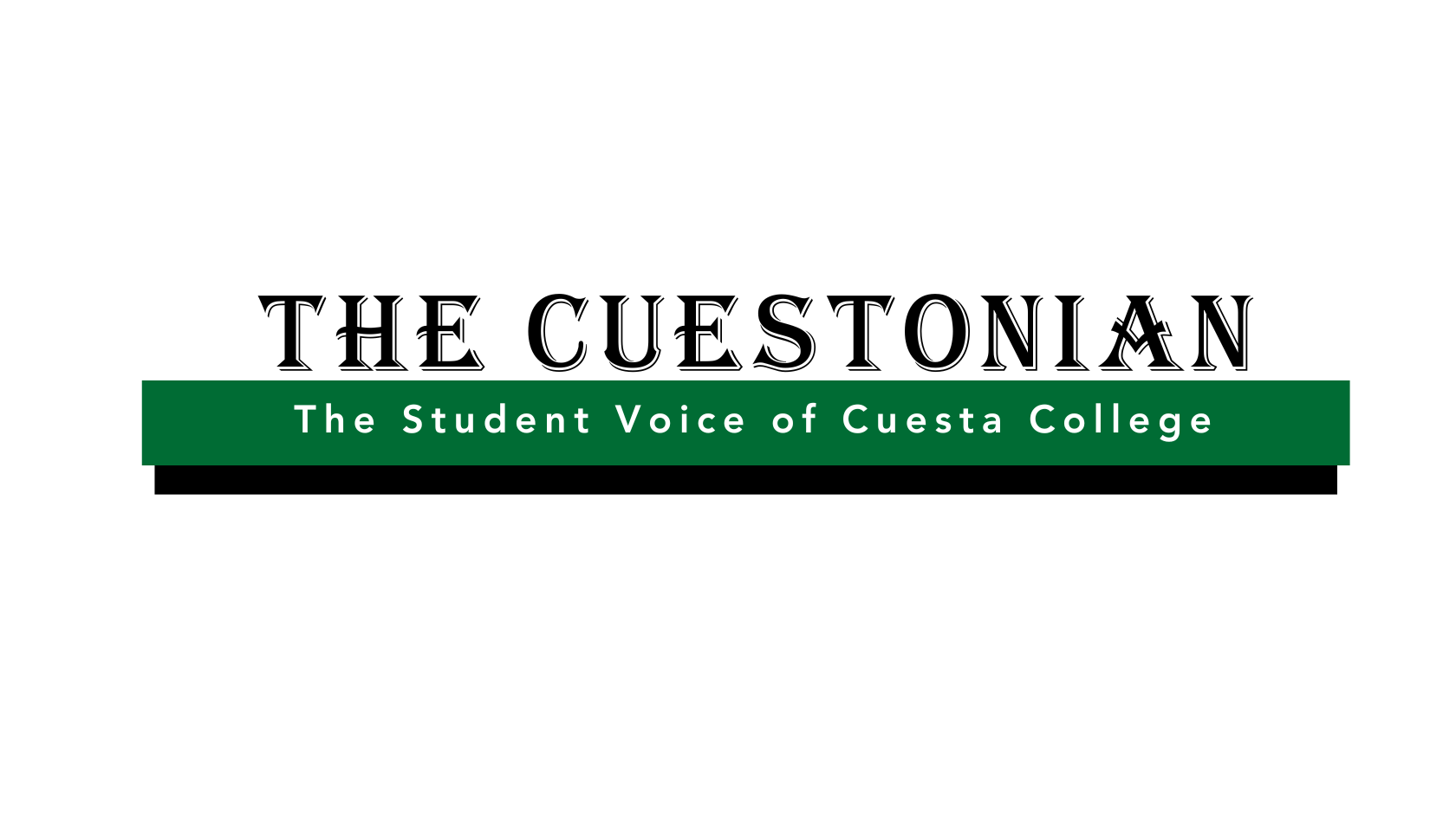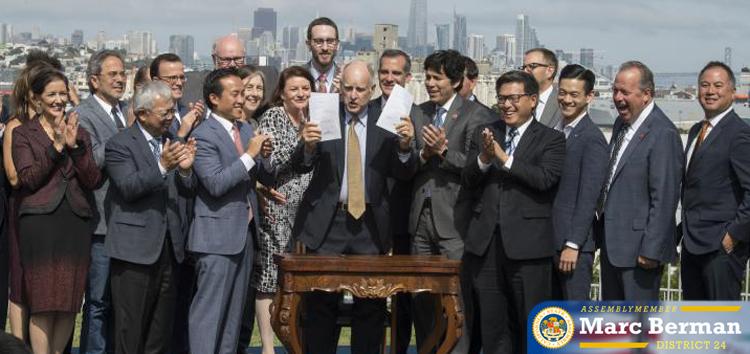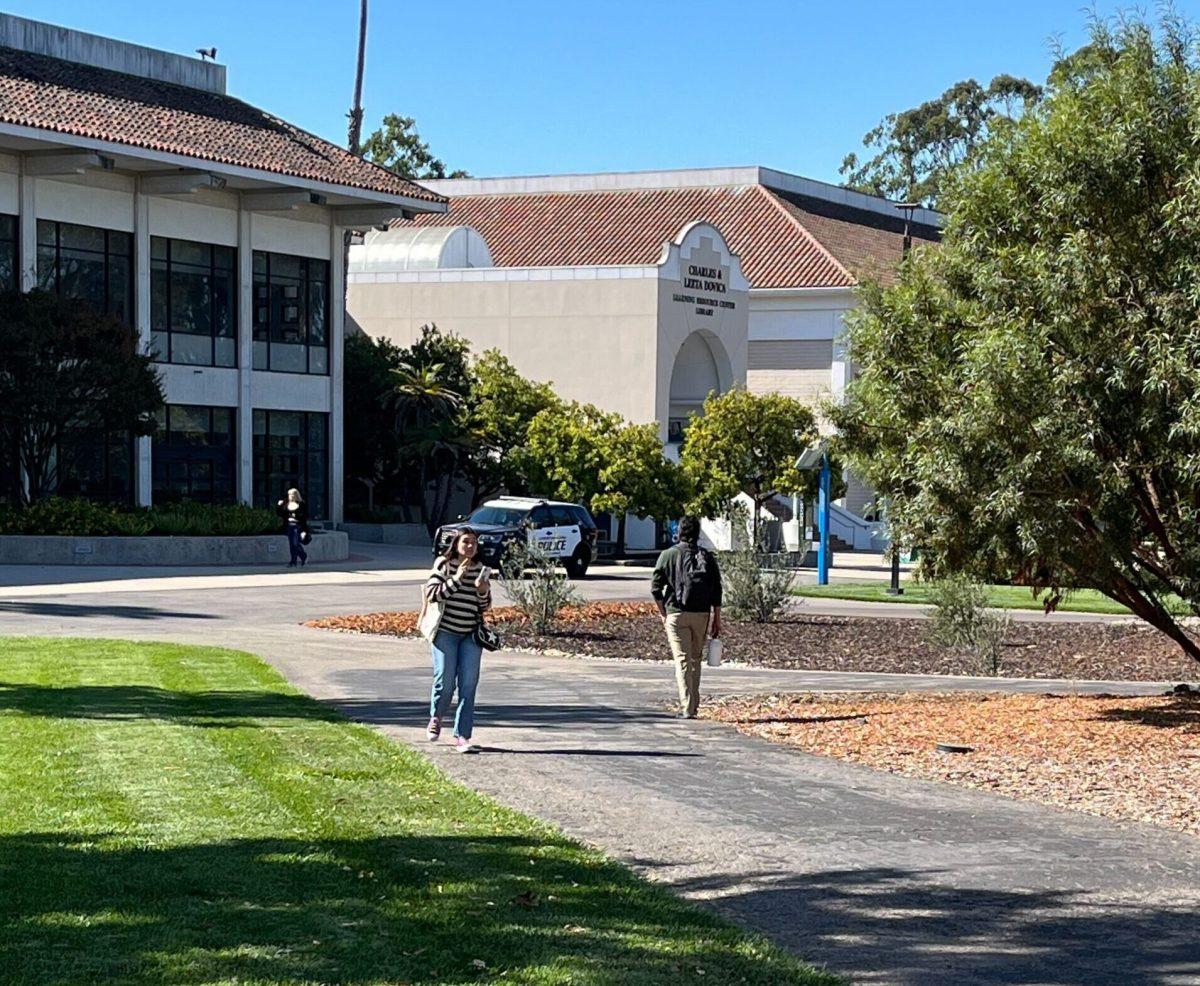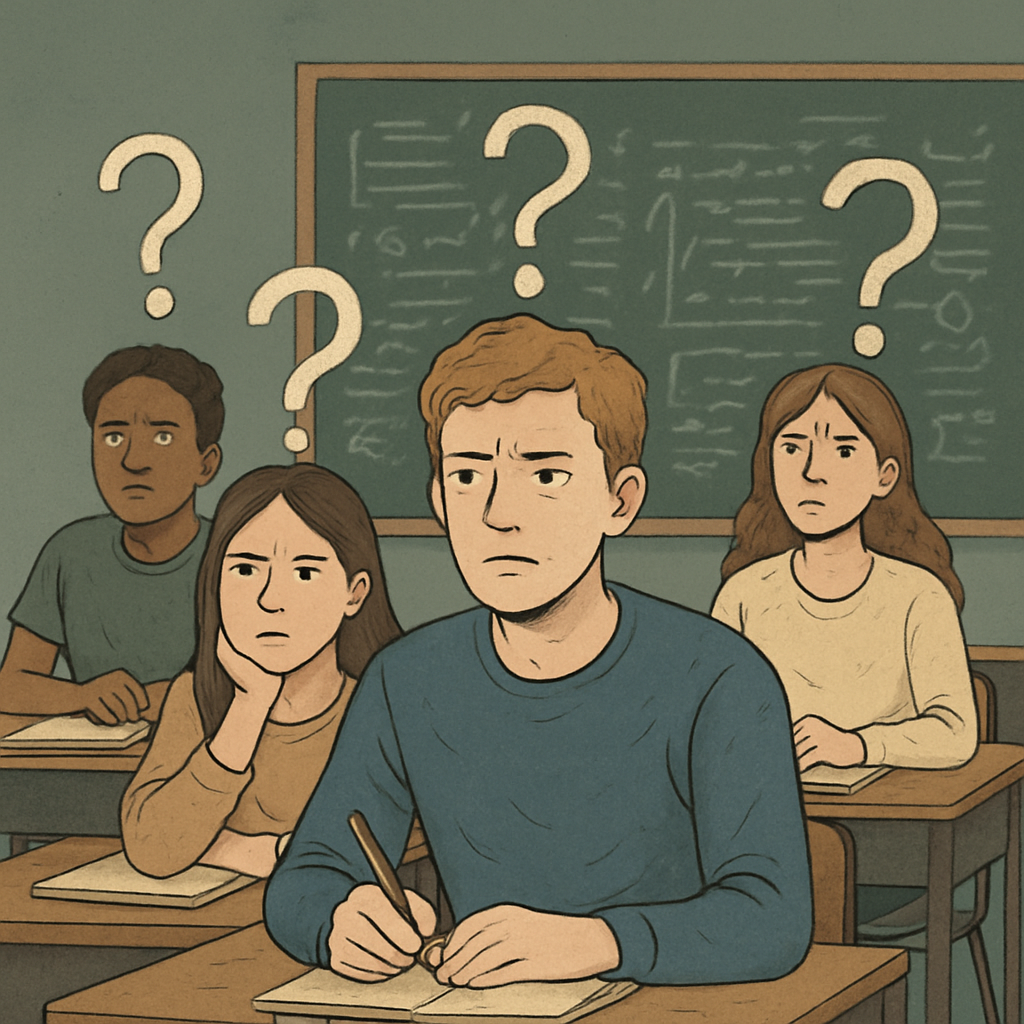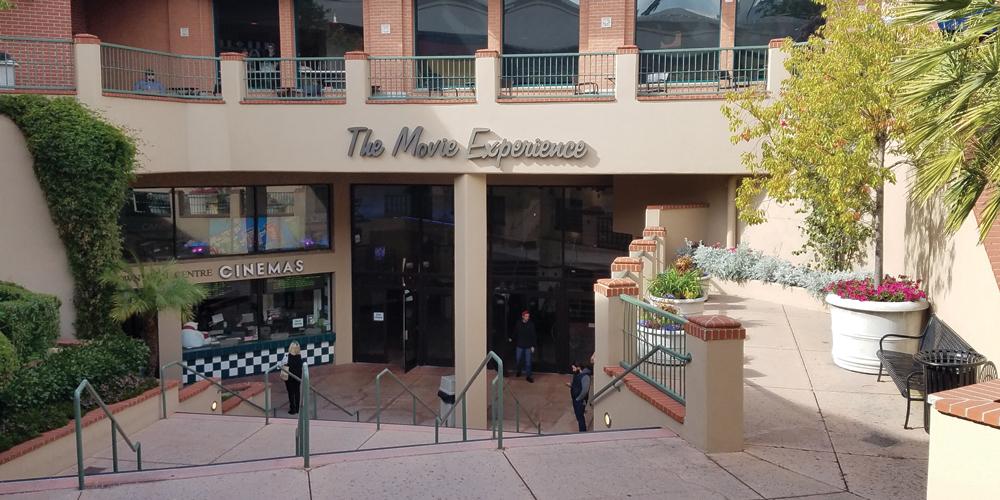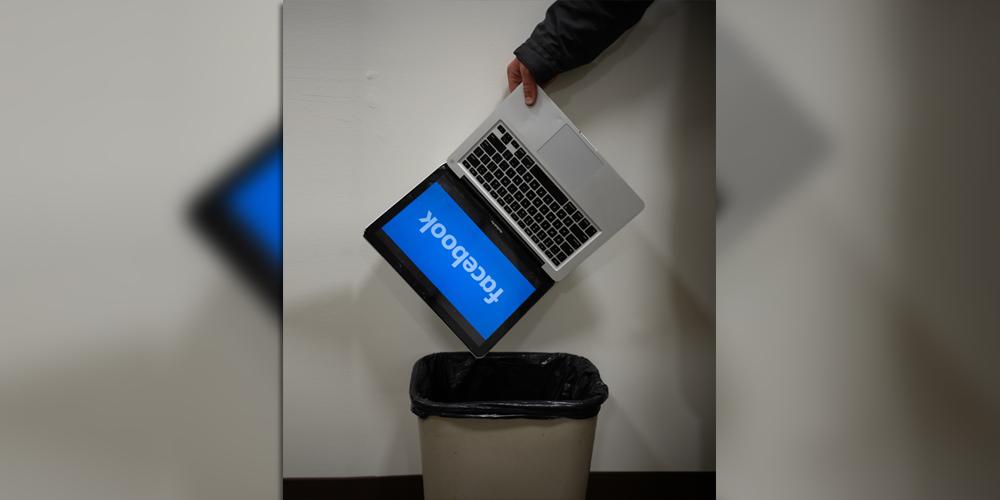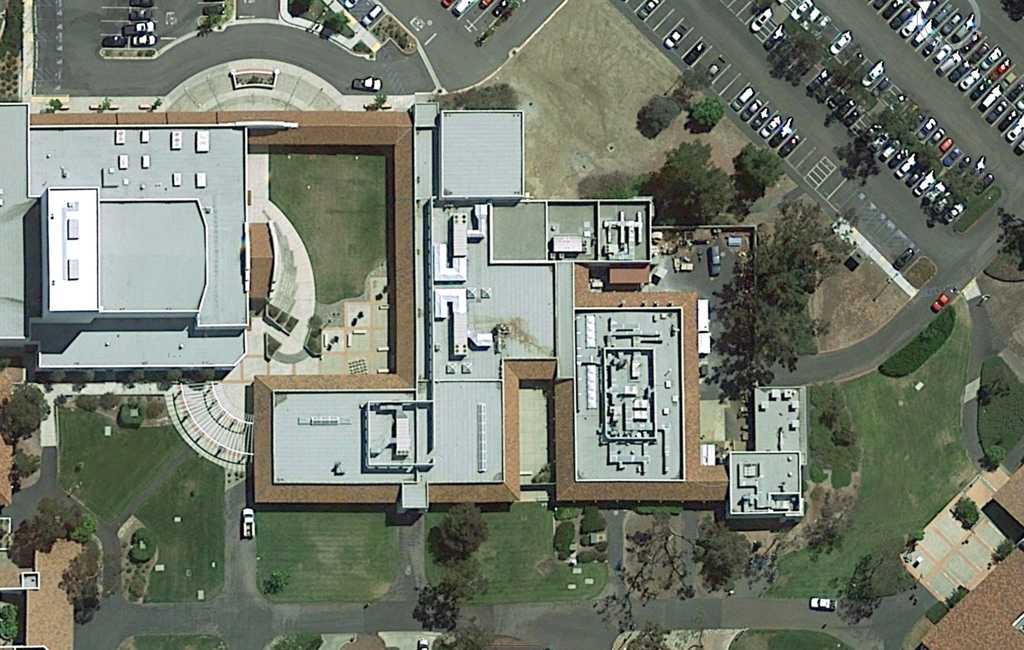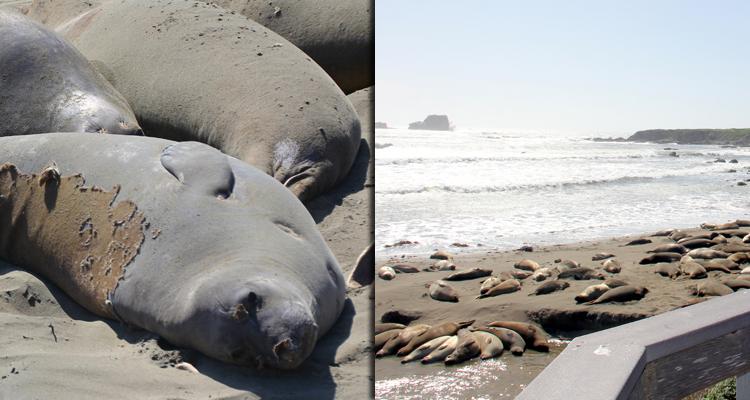Gov. Jerry Brown signs bills into law, one of which was AB 19, giving students one year of free community college tuition.
Photo courtesy of the office of Assemblymember Marc Berman
By Andrew Gregg
Copy Editor
Whether you supported Bernie Sanders’ “free college for all†platform or reviled it, he was on the money about one thing: college is becoming unaffordable for many Americans.
As the debate about the importance of college rages — with some seriously arguing that college is unnecessary, and others saying that trade schools are a better alternative in many cases — the central point remains unresolved.
How are we, as a society, to make the increasing costs of college more affordable?
Sanders was right about one more thing: the government should cover the costs of college for working and middle class Americans.
However frighteningly “socialist†that sounds, a society in which working and middle class citizens cannot afford an education is far worse than a society in which preposterously wealthy individuals, corporations, and Wall Street speculators pay more in taxes.
Taxing Wall Street was central to Sanders’ free college plan. The Tax Policy Center estimated in 2016 that a Wall Street tax alone would generate $50 to $60 billion a year in revenue; this would obviously not cover all the costs of college, but would be a significant start.
What else can be done, then? Where is all that remaining money supposed to come from?
Enter the the recent “Paradise Papers†revelation: we now know that many U.S. companies and individuals have been significantly avoiding their tax obligations.
The U.S. has lost out on a total of $70 billion would-be tax-dollars a year, according to the New York Times.
Including the TPC’s above estimate, that puts us in the $120 to $130 billion dollar range of additional taxes. This is money that should be used to help cover the rising costs of college for middle and working class American citizens.
One element of those costs have proved to be significant obstacle for many students: textbooks. (Google “textbook costs†and you will find that pretty much every result is some version of: “Textbook prices have risen astronomically — 812 percent — since the 70s.â€)
Alarmingly, many students are choosing to forgo textbooks altogether, given their preposterously high costs, according to a 2014 CNBC.com report.
Education itself need not come from a college, but given the crucial sort of distinction attending college endows (namely credibility, by assuring prospective employers that you have at least been exposed to, and demonstrated competency in, various essential fields of knowledge) a degree is still important.
Secondly, education is vital, not only for opening up career opportunities, but for the intellectual development of a person. This might sound a bit lofty and impractical to some people, but it is an indispensable element for a thriving democracy.
Education — the attainment of knowledge as well as the capacity to reason effectively about it — allows us to be free and self-governing. As income inequality continues to soar dangerously high, barring many from pursuing an education, freedom and democracy will disintegrate; in other words, crony capitalism (economic cheaters) and unaccountability erode democracy and undermine freedom for the many, while bloating the bank accounts of the few.
A college education might not be a cure-all for the ills of society, but it must be the right of every citizen, regardless of class.
Education, or enlightenment, as some philosophers might call it, is an ongoing, lifelong process. This process, however boring and difficult at times, is critical for the development of individual sovereignty. Regardless of the path one chooses in life, it should be made available and affordable to all. It is time the federal government invested more seriously in the education of its citizens.
As the costs of college education go up, enrollment will continue to go down; only those who can afford it — the financially elite among us — will be able to attend. The concentration of knowledge in the hands of the few, like the concentration of wealth, is a serious threat to our democracy. A significant change must be made if we do not want to lose it.

